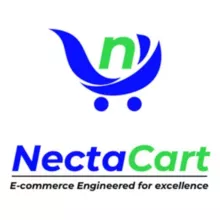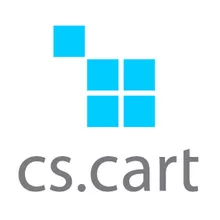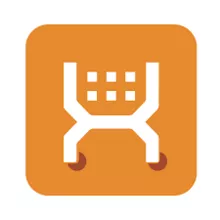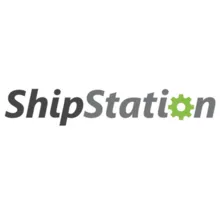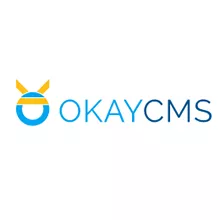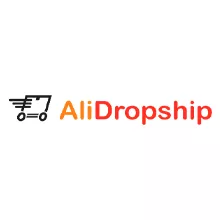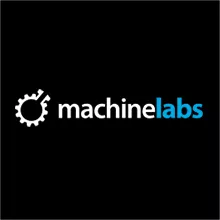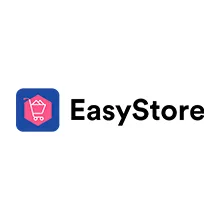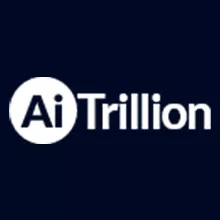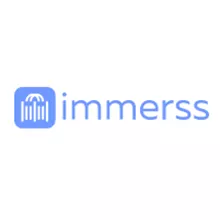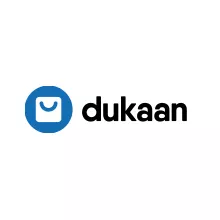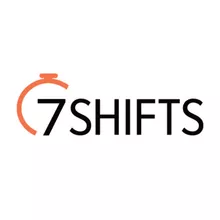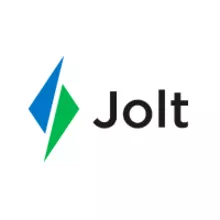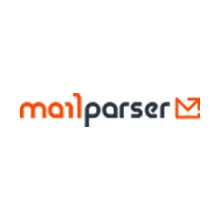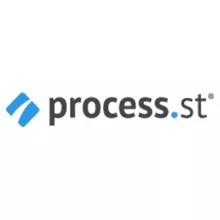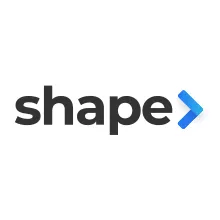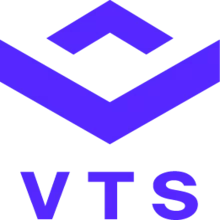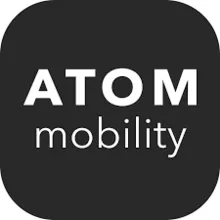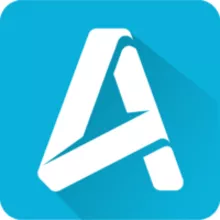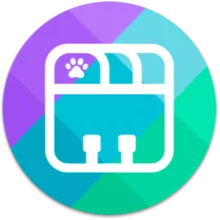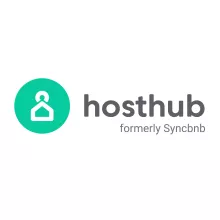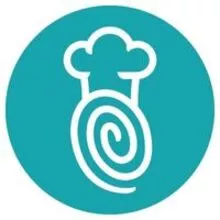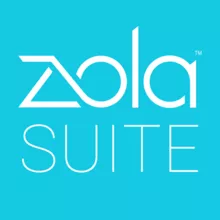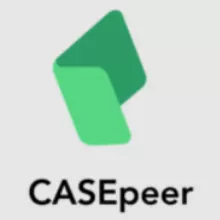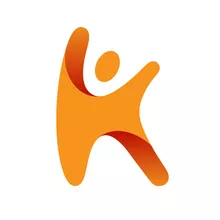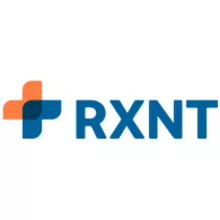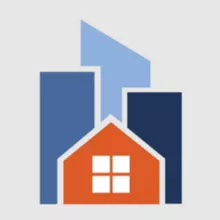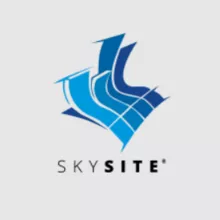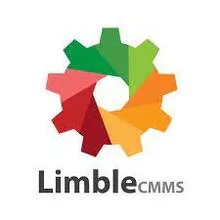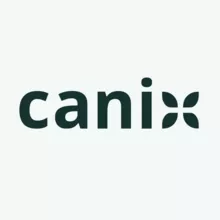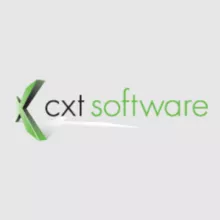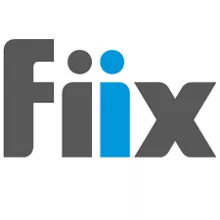Mobile ecommerce store builder
Restaurant Management Software: Overview
The daily operations of a restaurant are automated using Restaurant Management Software. A restaurant's specialized needs, such as guest management, order management, kitchen management, and table reservations, are met by accounting, customer contact information, and supplier data.
Additionally, the software automates inventory management and guest schedule. It interfaces with point of sale (POS) solutions to manage order and billing procedures.
A product must meet the following criteria to be eligible for the Restaurant Management category:
- Offer at least four of the functions listed below: payroll, reservations, POS, personnel management, accounting, order management, or order management.
- Support the back office while assisting with the front and back of the house operations.
- Be created expressly for the food service business or restaurants.
Why use Restaurant Management Software?
Software for managing restaurants is created to assist users in running their restaurants or businesses. Users can streamline the business's high-level behind-the-scenes operations as well as the food preparation and sales processes by employing a single, integrated system. These solutions are created to enhance restaurant staff members' daily lives so they may concentrate on improving the client experience.
Restaurant Management Systems are designed to handle every part of running a restaurant, from ordering the food to billing and bookkeeping. While many POS systems for restaurants are growing to be as complex as restaurant management software, their objective is not to be a complete solution. Given their strength, restaurant management systems can lower expenses, boost employee output, and even enhance adherence to food safety rules.
The Restaurant Management Software might be useful for anyone seeking a comprehensive system to manage a restaurant with a wide range of functions. They adapt their goods exclusively for restaurant demands because they are created specifically for the requirements of a restaurant business.
Features of Restaurant Management Software
- Management of Table: manages the table service by allocating employees to each table.
- Billing and Invoicing: Produces and oversees financial transactions for customers, suppliers, and clients, including bills and invoices.
- Reservation Management: Enables web browser or app-based online table reservations. Helps you manage workers, resources, and table reservations based on the received bookings.
- Management of inventory: Maintains ideal stock levels by monitoring, managing, and controlling the supply of resources. Creates reports with costs for food and the going prices for other things.
- Kitchen Management: Facilitates smoother interaction between the workers and the kitchen. Depending on the orders received, do a kitchen inventory audit. Ensures the quality, safety, and proper operation of the equipment and food.
- Menu management: Enables in-depth inventory tracking so you can create a menu appropriately.
- Management and scheduling of employees: Restaurants sometimes have sizable workforces that work different shifts. Restaurants can build onboarding schedules for new hires who need training and schedule their employees' shifts with staff management services. This ensures that restaurants are never understaffed and staff members are not overworked. To avoid understaffing or overstaffing, specific restaurant management software can even report which days or nights are busier and which are slower.

